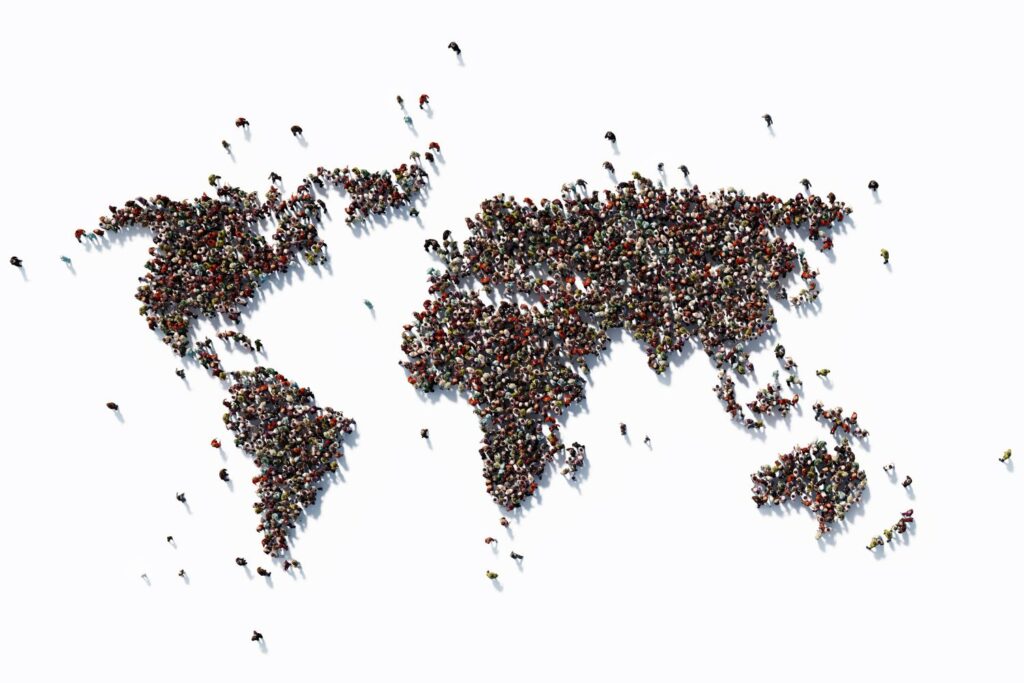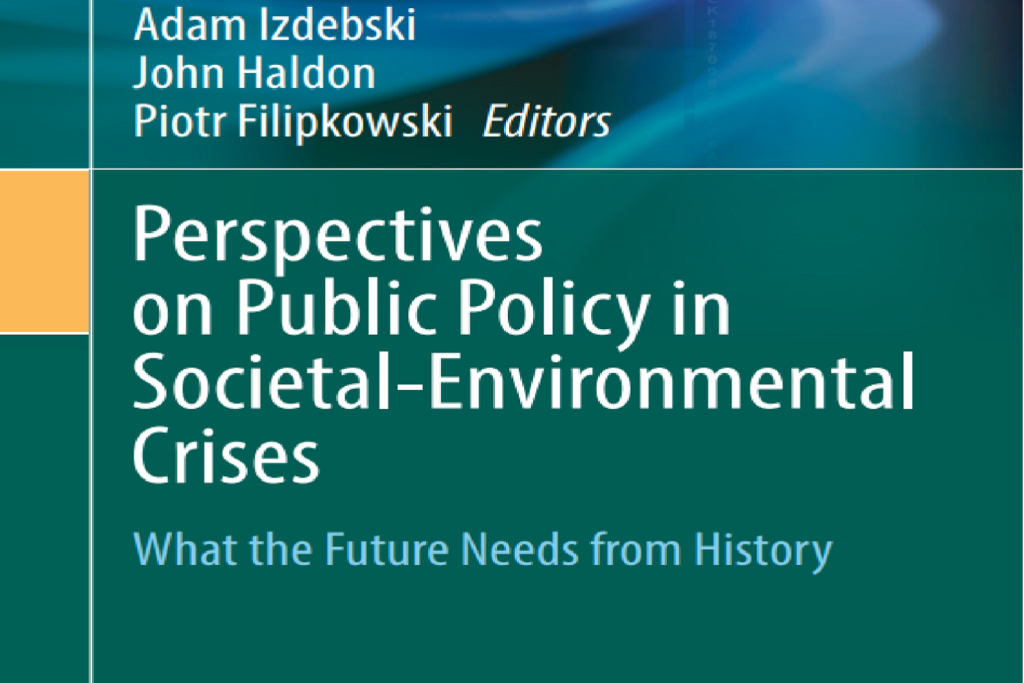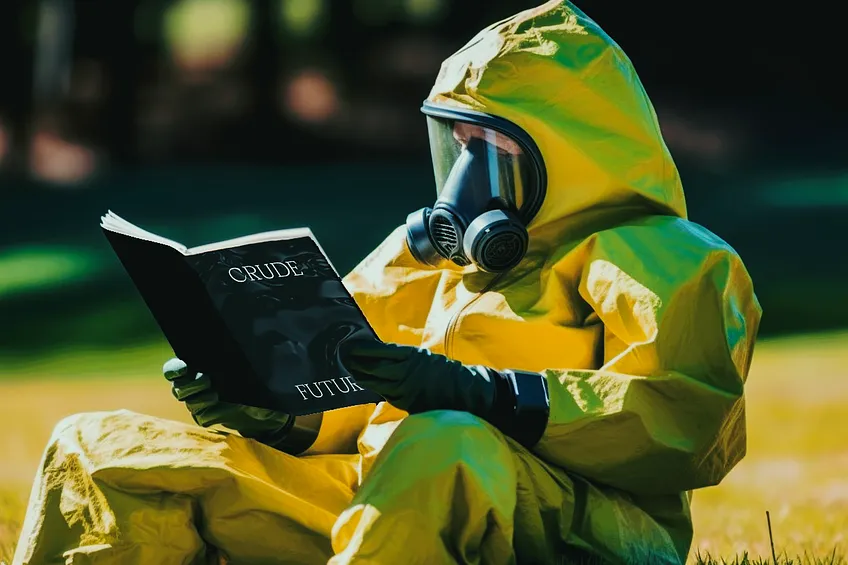A Dynamic Network Model of Societal Complexity and Resilience Inspired by Tainter’s Theory of Collapse
This study examines the dynamics of societal collapse based on Joseph Tainter’s theory of the “collapse of complex societies.” It explores how rising societal complexity influences productivity and the likelihood of collapse. The findings show that increasing complexity, driven by external stresses, increases the risk of collapse, highlighting the direct link between complexity and vulnerability […]









